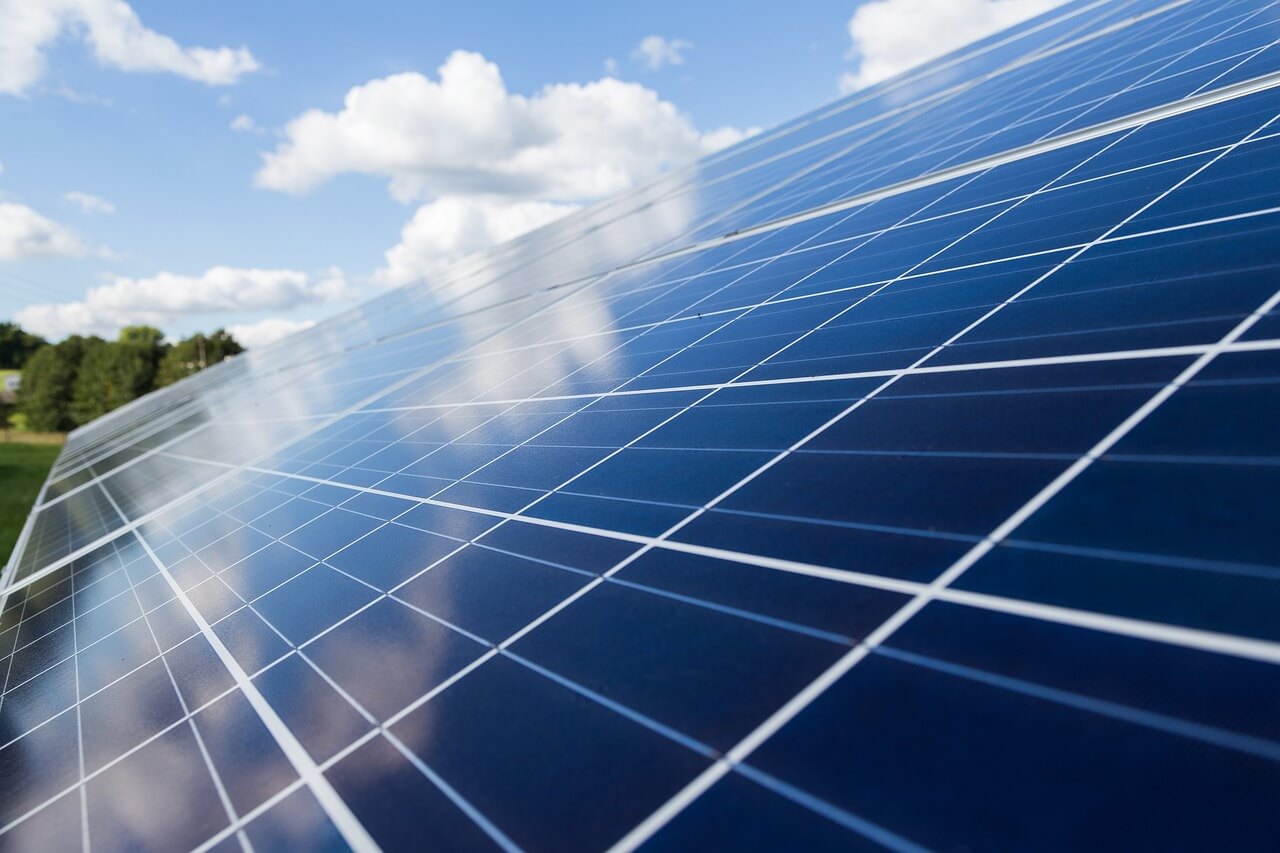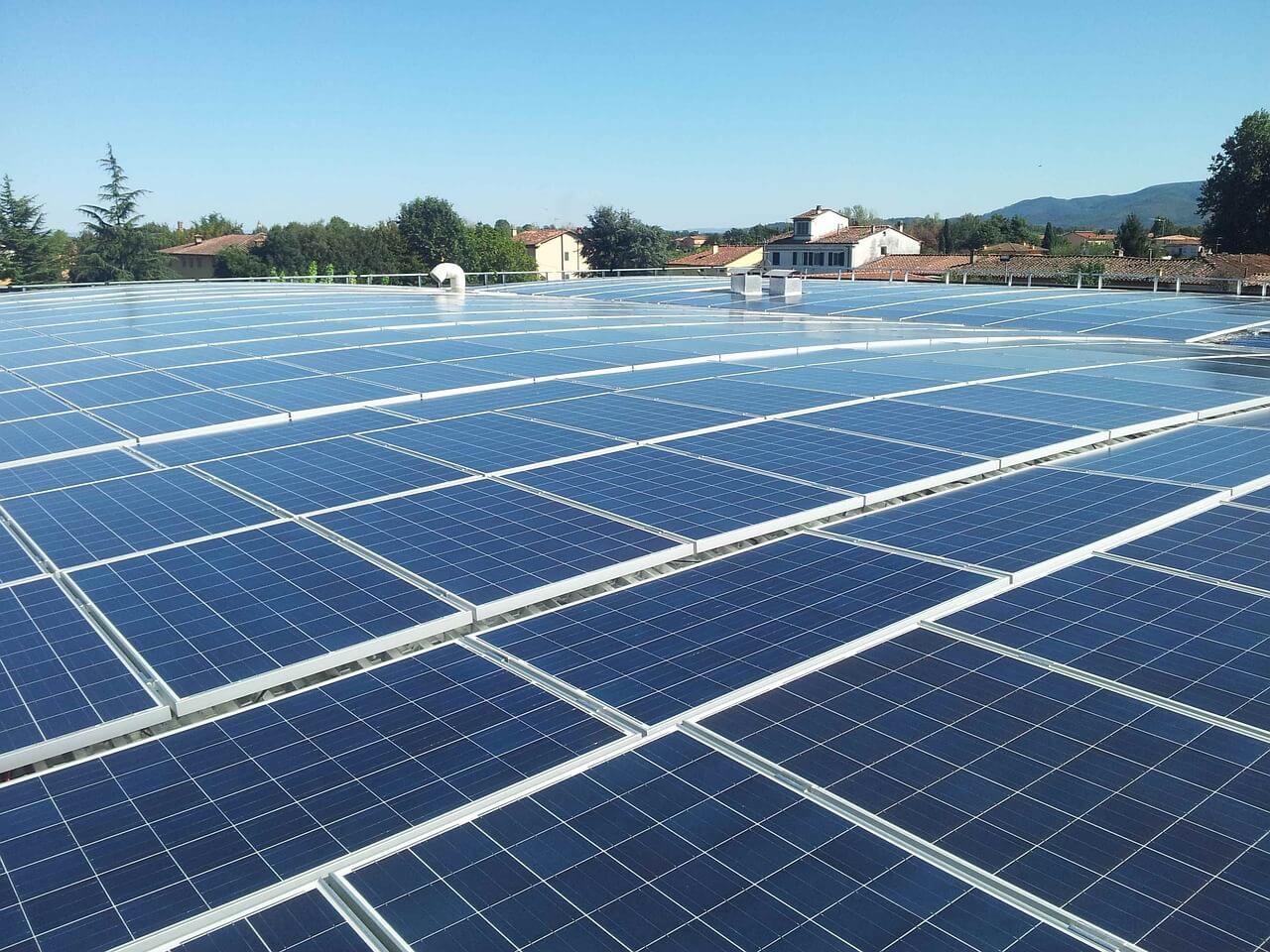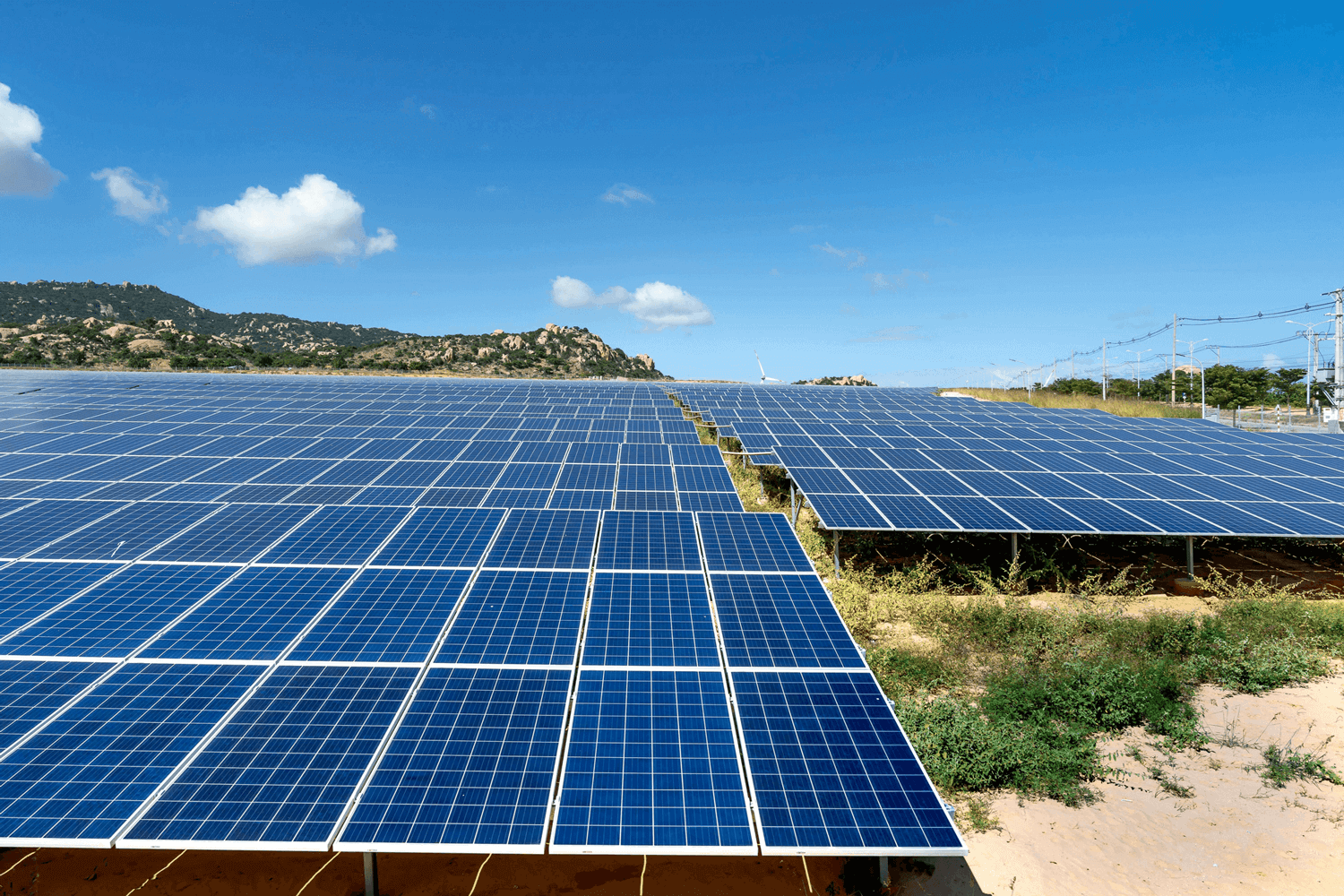The tender, launched earlier this year, aims to develop plants in seven of Bolivia’s 28 salt flats, including Uyuni, Coipasa, Pastos Grandes, Capina, Cañapa, Chiguana, and Empexa.
CBC submitted a plan to extract lithium from residual brine through the adsorption method. Protecno put forward a proposal to treat wastewater from existing plants, which could be used to supply nearby communities, as well as well water. Eramet and Eau Lithium presented their own strategy to mine the battery metal using direct lithium extraction (DLE) from well brine, YLB said.
The announcement comes amid a management shake-up at YLB, which saw Omar Alarcon named the firm’s new chief executive on Monday, replacing predecessor Karla Calderon.
YLB aims to position Bolivia as a leading global supplier of lithium, with an ambitious goal of exporting 50,000 tonnes of lithium carbonate equivalent annually.
But political moves and red tape have hindered the nation’s efforts. To advance the construction of industrial plants in Bolivia, bidding companies must first undertake prior, free, and informed consultation processes, along with comprehensive environmental impact assessments. This requires that they share detailed project information with local communities.
Following the completion of such procedures and the conclusion of contract negotiations between YLB and Chinese firms already involved in the local market, the agreements must be submitted to the legislative assembly for approval.
Analysts estimate that the contracts are unlikely to obtain the green light due to the existing political fragmentation within the assembly and the upcoming general elections in 2025.While the country and YLB are focusing on DLE as the cornerstone of its industrial strategy, market experts caution that the technology remains underdeveloped for large-scale industrial application.
The state has invested more than $800 million in DLE over the past two-years, but only recently admitted to relatively poor results.
Evaporation ponds work well enough in the salt flats of neighbouring Chile and Argentina, but seem less suited to Bolivia, where the brine has high levels of impurities and the salt flats have a rainy season that lasts several months.DLE methods pull lithium straight from brine, potentially eliminating the need for solar evaporation, and also reducing water consumption and dependency on the weather.
Salar de Uyuni in Bolivia is one of the largest salt lakes in the world and one of the richest areas in lithium resources. According to the U.S. Geological Survey, Bolivia's lithium resource reserves are about 21 million mt, but the actual proven reserves might be higher, reaching 23 million mt. The South American landlocked country has a history of unfulfilled lithium dreams. It has tried and failed to develop its industry several times since the 1990s, producing only an accumulated 1,400 tonnes since 2018.In late 2023, Bolivia opened its first industrial-scale lithium plant. The $100 million facility is expected to produce as much as 15,000 tons of lithium carbonate a year. Initial output won’t be battery grade and the plant will reach full capacity in 2025.
In recent years, the Bolivian government has been seeking technological partners and has signed a series of cooperation agreements with companies from China and Russia. For example, CATL signed an agreement with Bolivian state-owned company YLB, planning to invest $1.4 billion in Salar de Uyuni to build a pilot plant and use Direct Lithium Extraction (DLE) technology for lithium extraction. Additionally, Qinghai CITIC Guoan Technology Development Co., Ltd. also signed an investment agreement with the Bolivian government, planning to invest $857 million to develop salt lake lithium mines and considering further investments in battery makers and electric vehicle assembly plants.
The government has also tied up with Altmin, an India-based firm, to develop the technology of cathode materials for lithium batteries. These collaborations contribute to the development of Bolivia's lithium resources, which is of great significance for promoting the global electric vehicles and clean energy industries. At the same time, these projects also face challenges in environmental protection and technology application, requiring that resource development ensures no irreversible harm to the local environment.



